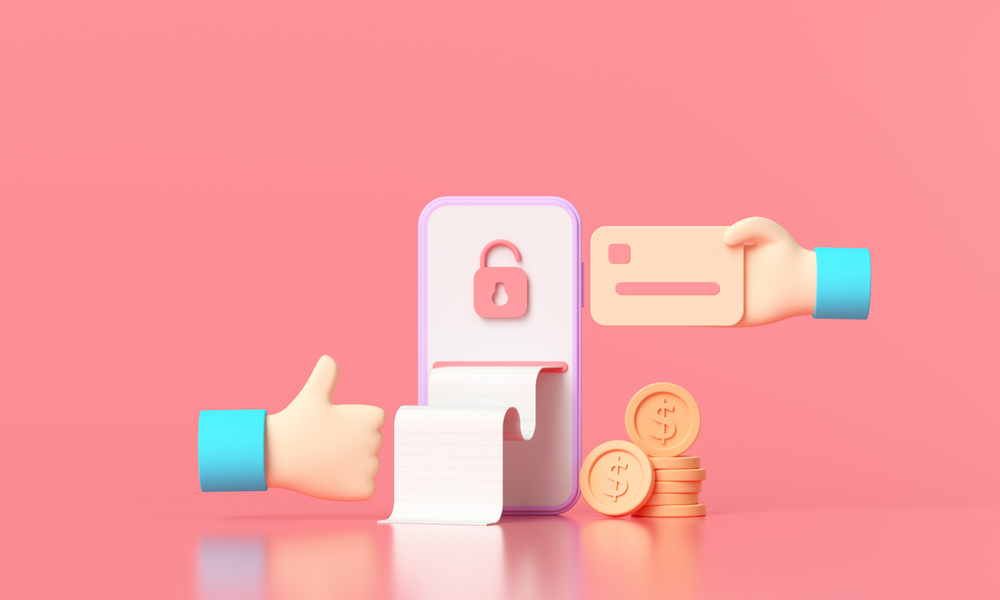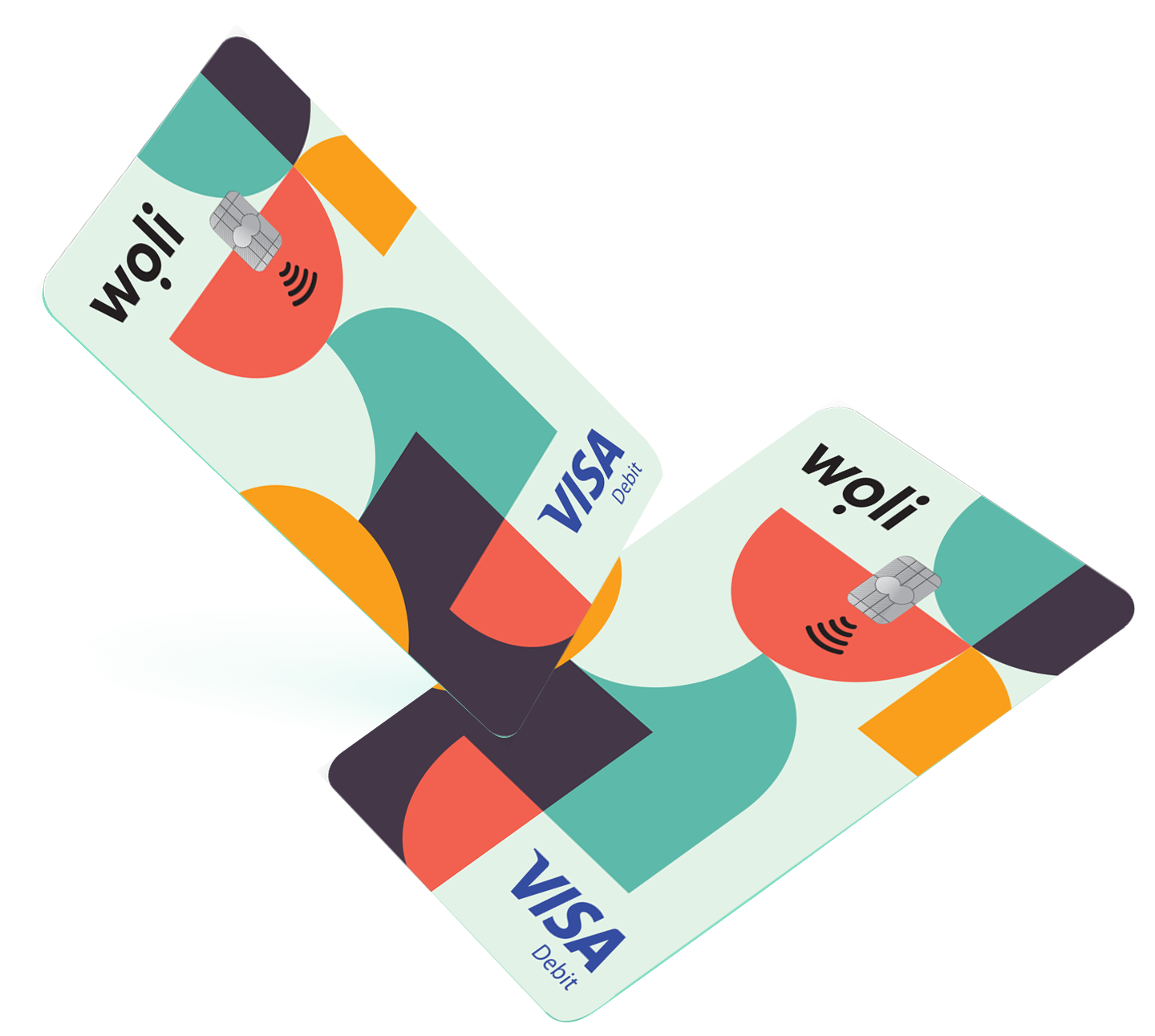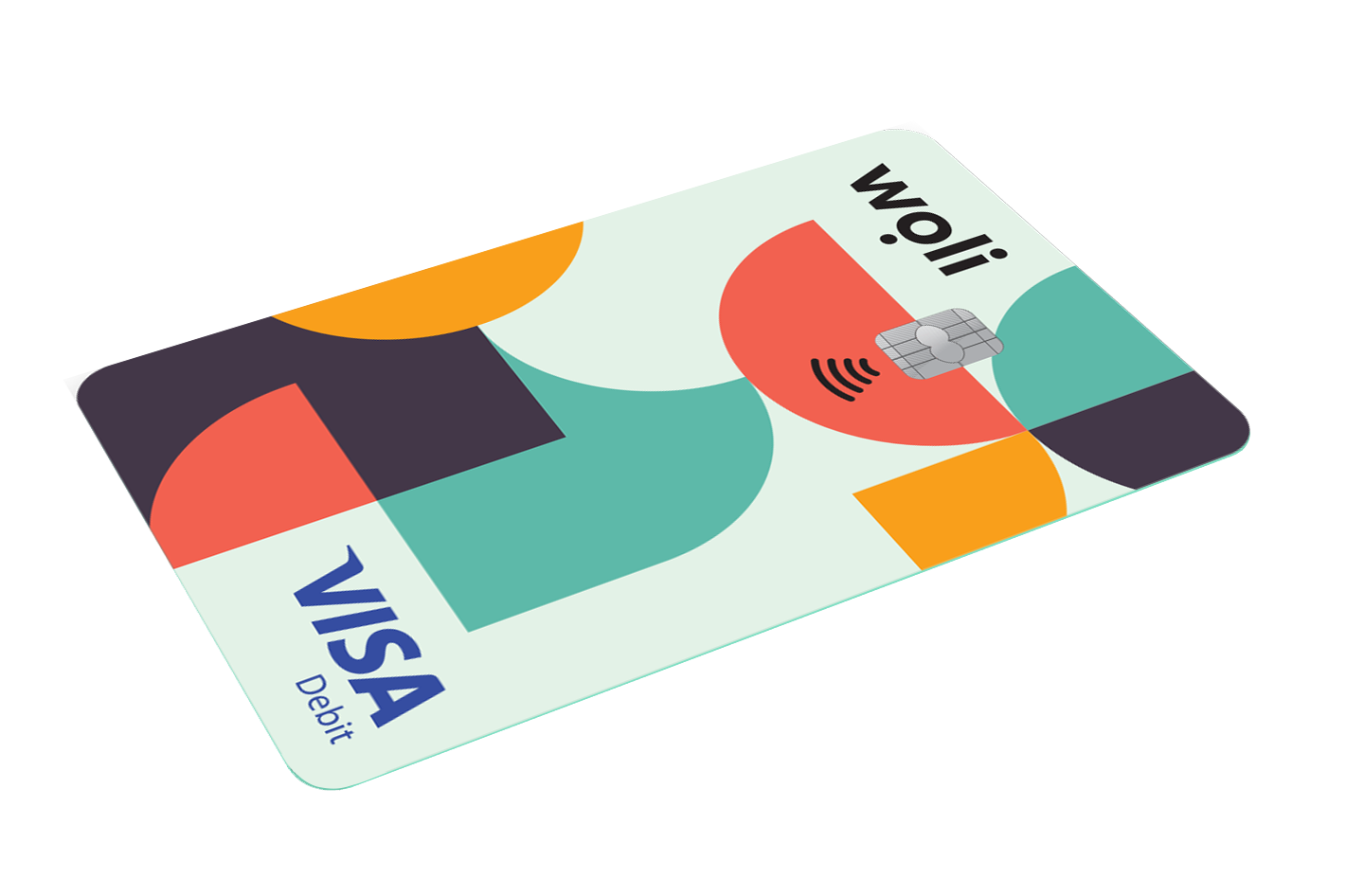It is a fact that children nowadays, from a very young age, are developing a significant part of themselves by spending a lot of time on the internet. This, unfortunately, makes them vulnerable to many risks. These risks, among other things, often concern the security of their personal information and data.
But how can we protect children? According to experts, the best way to protect is not by removing them from the internet and demonizing its applications that are so attractive to them. The best method is to teach them certain effective rules of use and especially internet safety rules, so that they can function as self-reliant personalities.
First, through stimulating conversations, help children learn that it is important to create and use strong passwords, which will be unique to each application. Explain to them in detail that the codes they choose should not include easy-to-guess personal information, such as the date of their birthday. Remind children that they should never share their passwords with others, even if they are their friends, as well as not store their passwords on their phone.
Another important step to ensure children’s personal data online is the activation of browser security settings. In this context it is an opportunity to install a family antivirus and antispyware software. Also, it is advisable to often remind them that when they make financial transactions they should be connected privately and not through public networks.
It is useful to discuss at every opportunity with your children possible “scenarios” that occur around us so that they are motivated and alert them every time they navigate the internet. For example, you can discuss together how they should act in case they receive an e-mail or an attached file that comes from an unknown sender. Such conversations with realistic scenarios attract the interest of children while preparing them to successfully manage real dangerous situations.
Also, a basic rule for the safeguarding of your child’s personal data, is to highlight the importance of being careful where he/she registers each time and what information is required. Let him know that when he gives his email he will never be asked for his password. The same goes for the names and passwords of its programs and applications. In addition, help children understand that every time they finish with an application or an account they should log out, especially if others use the same device.
So, in order for your child to be able to navigate autonomously and securely on the Internet, you should establish rules such as the above indicative ones, which you will discuss and co-shape together. They should be based on a climate of personal responsibility and interest which is a maturing process for the child – not on fear and scaremongering. Finally, it is good for all of us to remember that the most important rule for the safety of a child is the open and honest communication with his parents!









